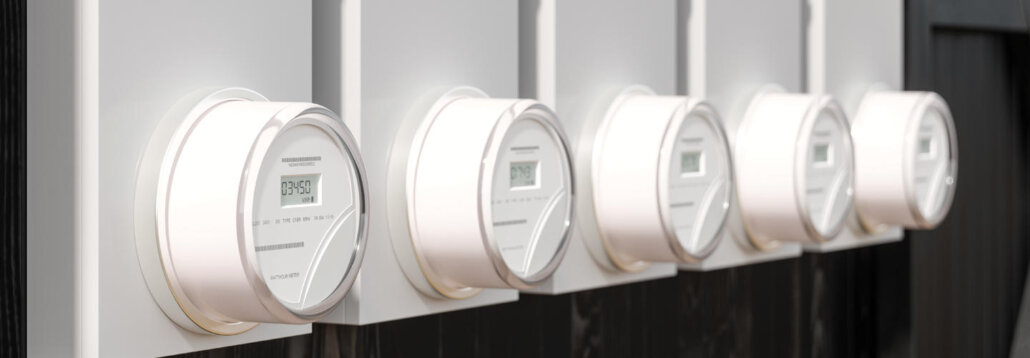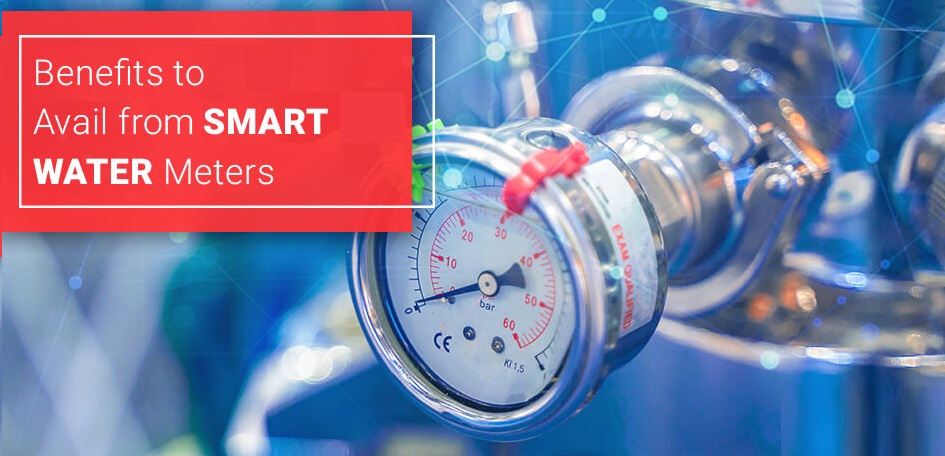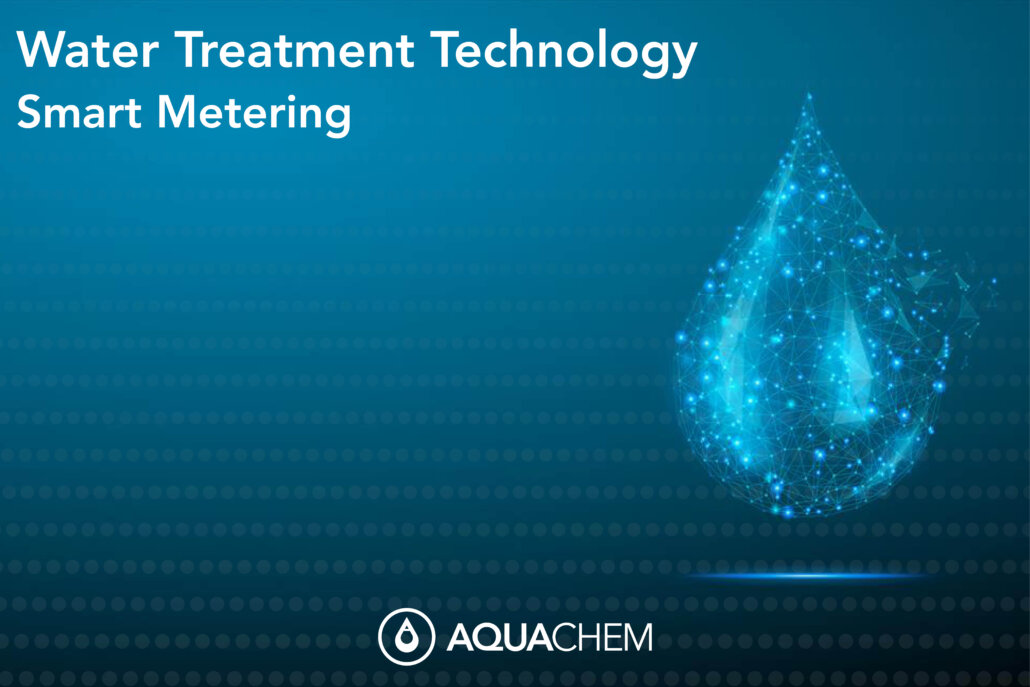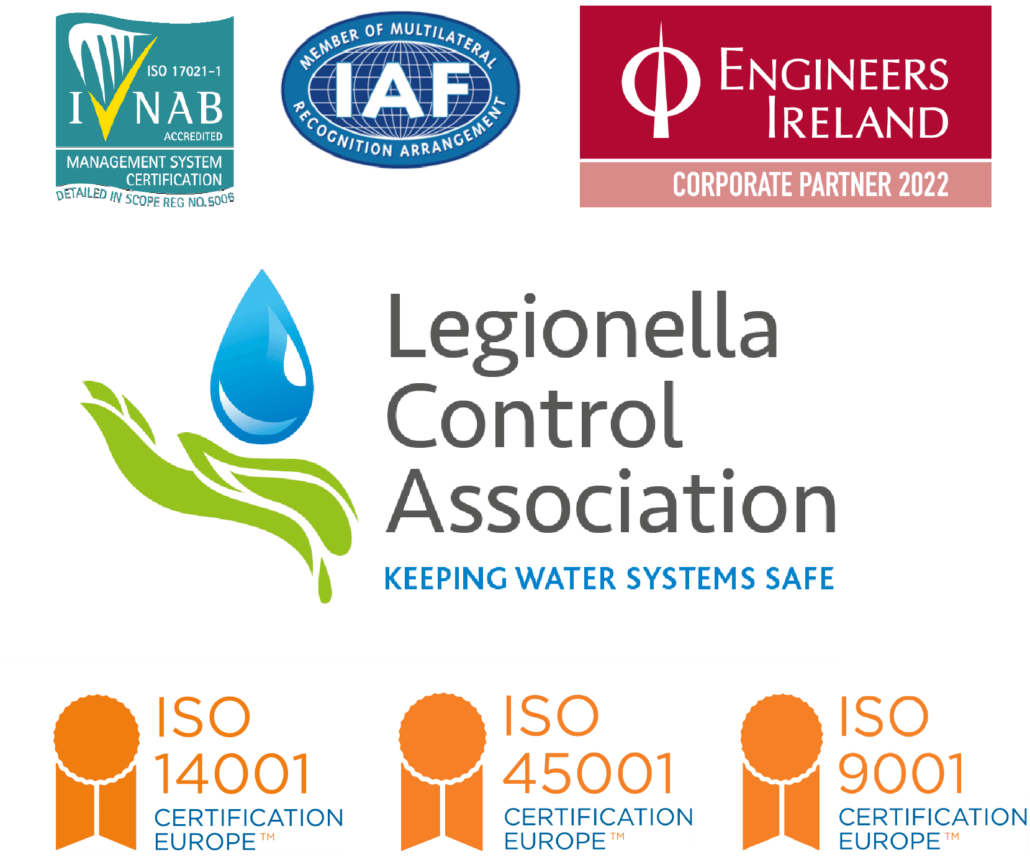Water Treatment Technology – Smart Metering
Water treatment and water treatment technologies are essential to ensure water systems provide safe water by removing contaminants of bacteria and other microbiological disease-causing agents from the supply.
Thanks to significant technological developments in water treatment, including monitoring and assessment, high-quality drinking water can be supplied without presenting a health risk.
Over time, industry leaders have helped water utilities stay responsive and resourceful by deploying smart metering systems to replace outdated, labour-intensive processes.
The digital utility is not just about greater accuracy in consumption metering; smart water metering also holds the potential for improving customer service, reducing non-revenue water, and is key to helping your organisation become more sustainable.
With sustainability and climate change high on the agenda right now, water conservation should be a priority across all industries. In order to reduce water consumption your business needs to know where it is starting from, and by implementing smart metering to monitor and control operations, you build up a picture of your water flow and make it easier to identify and quantify reductions and opportunities as part of a procedural plan.

Smart Metering in Action
Smart water meters are installed at key points in your system and will provide information you need to determine your baseline usage, identify wastage and leaks, and provide inspiration for water reduction plans.
The data gathered will provide you with the necessary information on your progress, which may be required to demonstrate savings in terms of water itself but also the associated costs of using it. The information provided by water meters are the foundation of any water related project.
Usually meters will be installed at key points, which may include:
- Intake – such as the well, softener, council line
- Significant water users – these will be site specific such as boilers, cooling towers, machines and wash processes etc
- Water recycle / reuse lines
- Discharge points such as a wastewater plant or final discharge point into a sewer line

Electricity consumption is a primary operating cost in water treatment plants and wastewater treatment plants, and steps taken to optimize energy usage are vital.
Monitoring and managing energy use, from analyzing pump curves, to reducing non-revenue-water leaks, to scheduling operations around premium-rate windows, is an essential step to reducing energy usage.
The digital water utility provides its customers with access to information about their water consumption. This creates increased awareness of how your water is consumed, helps reduce billing disputes, and encourages customers to engage in water conservation habits.
Smart meters also provide direct and immediate savings in alerting a business to unusual usage which could be the result of a faulty process or leak. This information safeguards the customers from unexpected events, so they can take action to locate and fix the problem before a serious issue is caused.
This utility can both streamline the processes surrounding billing and increase revenue, because the smart water meters are precise and measure accurately, regardless of how much water is being used. Remotely read meters eliminate the need to manually read meters, meaning the actual consumption volume from the water meter is transferred to the central billing system without any human intervention, reducing the possibility of errors or misreads
Resources, which were previously taken up by tasks like meter reading and following up on misreads, are now freed up and can be used for other value-creating activities, which have a positive impact on the water system’s efficiency.
Conclusion
The increasing challenge of finite water resources means that even more focus has to be placed on water-saving initiatives. The world population will increase from seven billion to nine billion people by 2050. It is expected that by 2030, the world will already need 50 % more food, 45% more energy and 30 % more water.
Maintaining water treatment to ensure a clean supply to meet growing global population has been an ongoing challenge, however through innovation in the water industry, new technologies are being developed to make this challenge easier. These technologies are also important to help reduce water consumption, not only in the industrial sector but in the private sector also.
Smart Metering is a simple first step to helping this cause, by monitoring your water you will understand your business water consumption habits which will help you reduce energy usage, save money, save time and increase your water systems efficiency.
To find out more about smart metering and how it could help your organisation, please don’t hesitate to get in touch with us.







